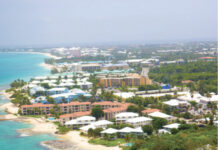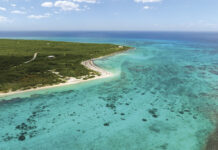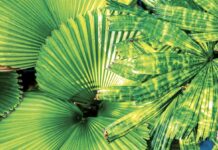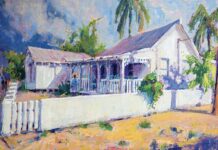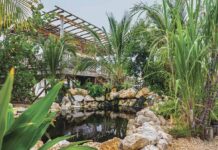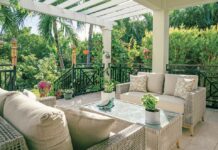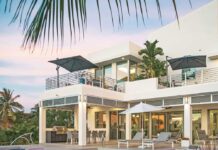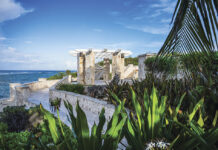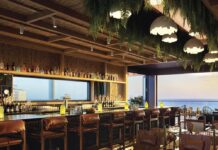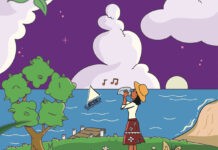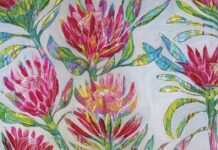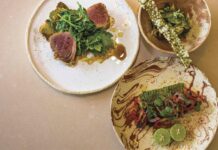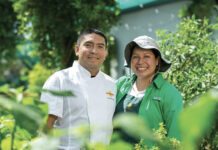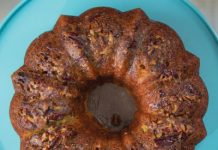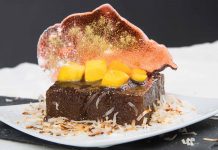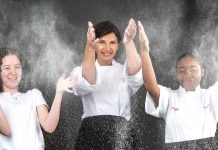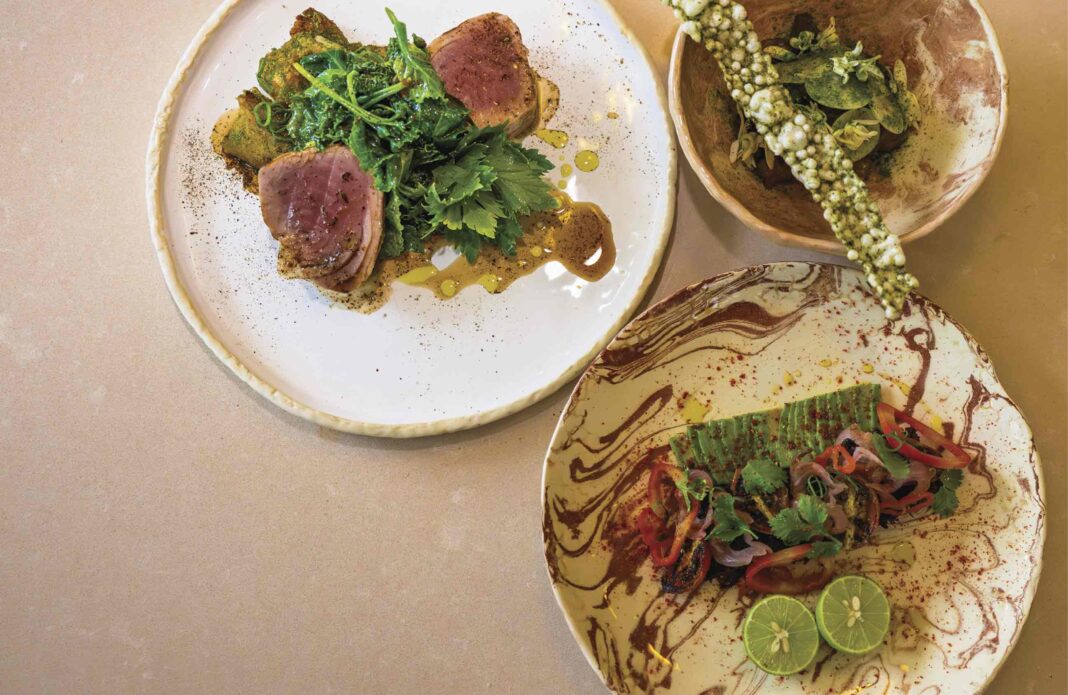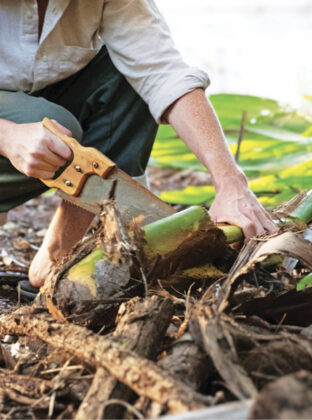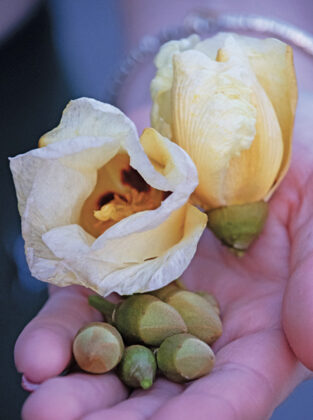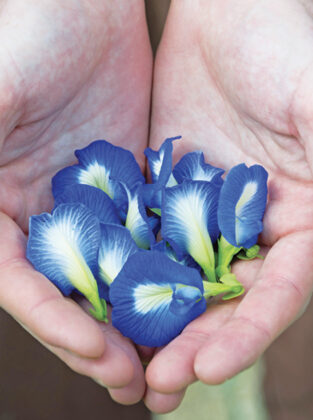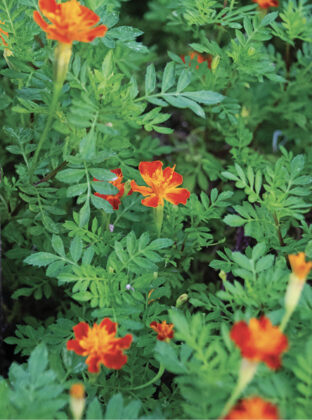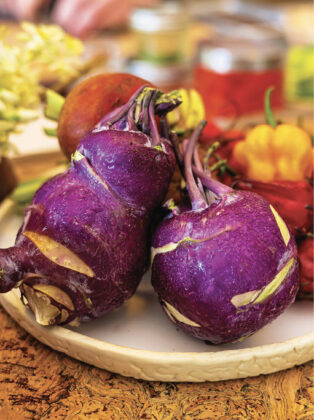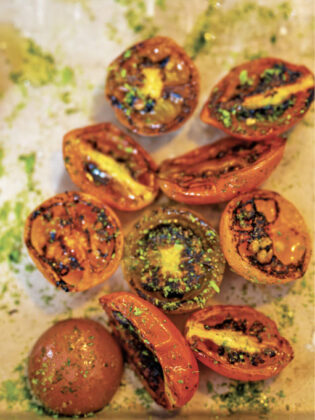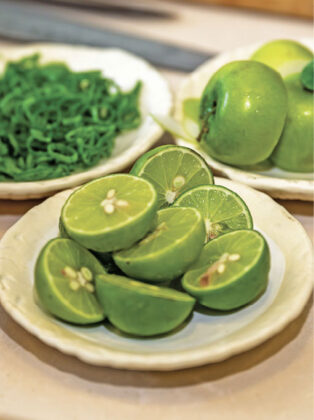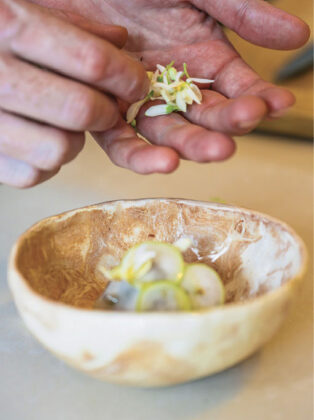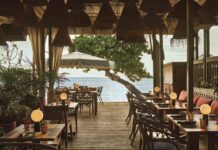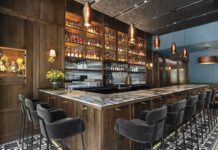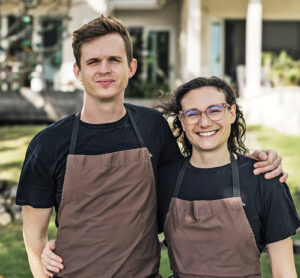
The private dining experience created by Chellamella has an approach which puts food into Caymanian context.
This includes foraging for ingredients in the wild to give a unique taste and texture to dishes.
Even the name evokes island flavour, as chellamella is the local term for Phyllanthus acidus, a fruit beloved by Caymanians, which comes in both an acidic and sweet form.
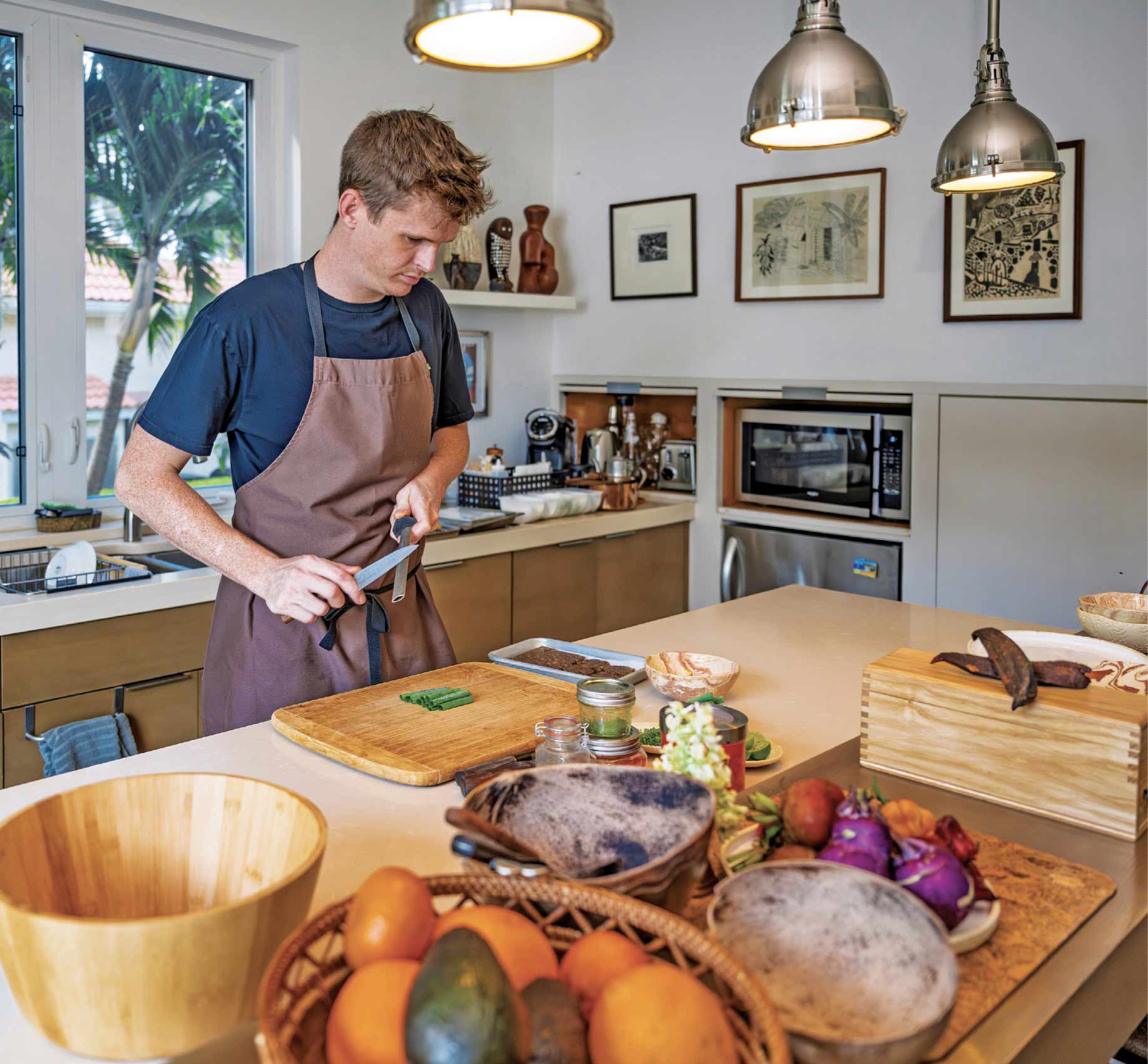
BEGINNINGS
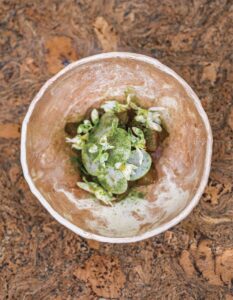
Started at the end of 2021, Chellamella is run by Jack Barwick and his partner Gaia Tomasin.
The pair met in London where, after culinary training in the United States, Jack had been working with top chefs and doing short stints at several Michelin-star restaurants.
“Returning to Cayman was always the plan; the burgeoning and constantly evolving food-world here is so exciting,” he says.
“Growing up around what others would consider exotic ingredients in the places where I was learning the skills, made me so eager to come back.”
Jack and Gaia aim to create as many details of the Chellamella experience as possible, with intense flavours and menus that are dictated by the best ingredients available.
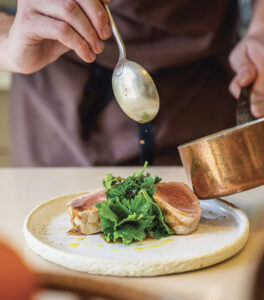
“We make anything from the crockery and tableware ourselves (with help from mother Babbity Barwick) to every food item, down to the salt,” says Jack.
Even the menus are handmade by Gaia – who makes the paper herself – writing and stamping them before each dinner, using individual paper and colours as a souvenir.
CHELLAMELLA CONCEPT
“Chellamella’s concept is local catering that entirely relies on what Cayman and the Caribbean has to offer,” says Jack.
Ingredients are sourced from local farmers, fishermen and producers, including Wild Harvest Cayman chickens by Dewayne Sanders, Plantation Organics, Cayman Farm and Garden, and Beacon Farms.
Jack and Gaia also frequent the farmers markets at Camana Bay and Cricket Square.
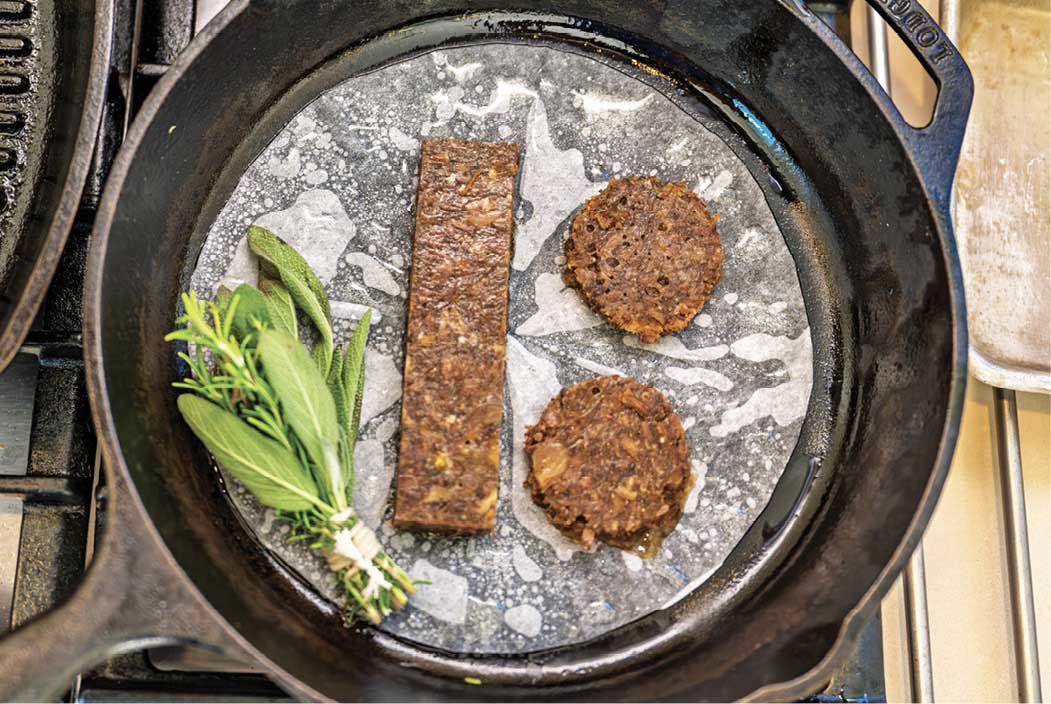
FORAGED INGREDIENTS
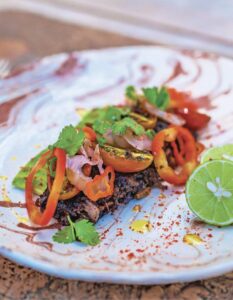
Foraged ingredients include wild chanterelles, herbs, flowers, barks, woods, fruit and seeds.
These are found on vacant land, from the beach-side to deep in the bush, and although some are seasonal, most can be found year-round.
“Quite often they are discovered upon happenstance, or while exploring land,” Jack explains. “During certain times of year when we know one thing is growing or sprouting up, we use Google maps to scour for similar microclimates and then seek them out.”
His grandmother, Margaret Barwick, who is a renowned horticulturalist, has been a guiding force in helping with foraging, as well as other native plant experts on-island such as Ann Stafford and Hannah Reid.
“The island is very small and fragile, so not everyone should or needs to forage; however, it is always great to know what can be used to elevate a meal or sustain during hard times of survival,” says Jack.
“As the island inevitably grows with more development and commerce, it’s always good to slow down and enjoy the surroundings as well as the history before it becomes clouded. We love the idea of altering someone’s perspective on the endemic nature here using food, something many can enjoy relating to.”
WORD-OF-MOUTH
Word-of-mouth recommendations account for most of the dinners that Jack and Gaia host, usually in private homes or other locations chosen by clients.
They have also been involved in annual food festivals Cayman Cookout and Taste of Cayman, as well as monthly full moon dinners during the winter months at the Queen Elizabeth II Botanic Park.
Additionally, they offer private cooking demonstrations and hope to have their own premises and possibly a farm in the future. Feedback has been very encouraging from the people for whom they have catered so far.
“Many notice the details we try to bring to the table, and we really enjoy that sense of self-discovery when we leave things to the diners to uncover,” says Jack. “The flavours, as well as the story behind the experiences, are something that are enjoyed, and it fills us with great pleasure to know it’s appreciated.”


